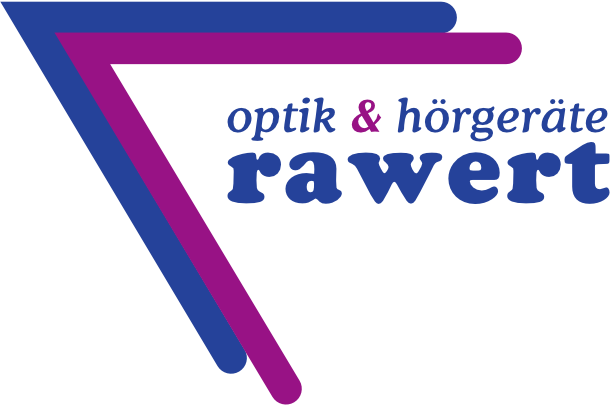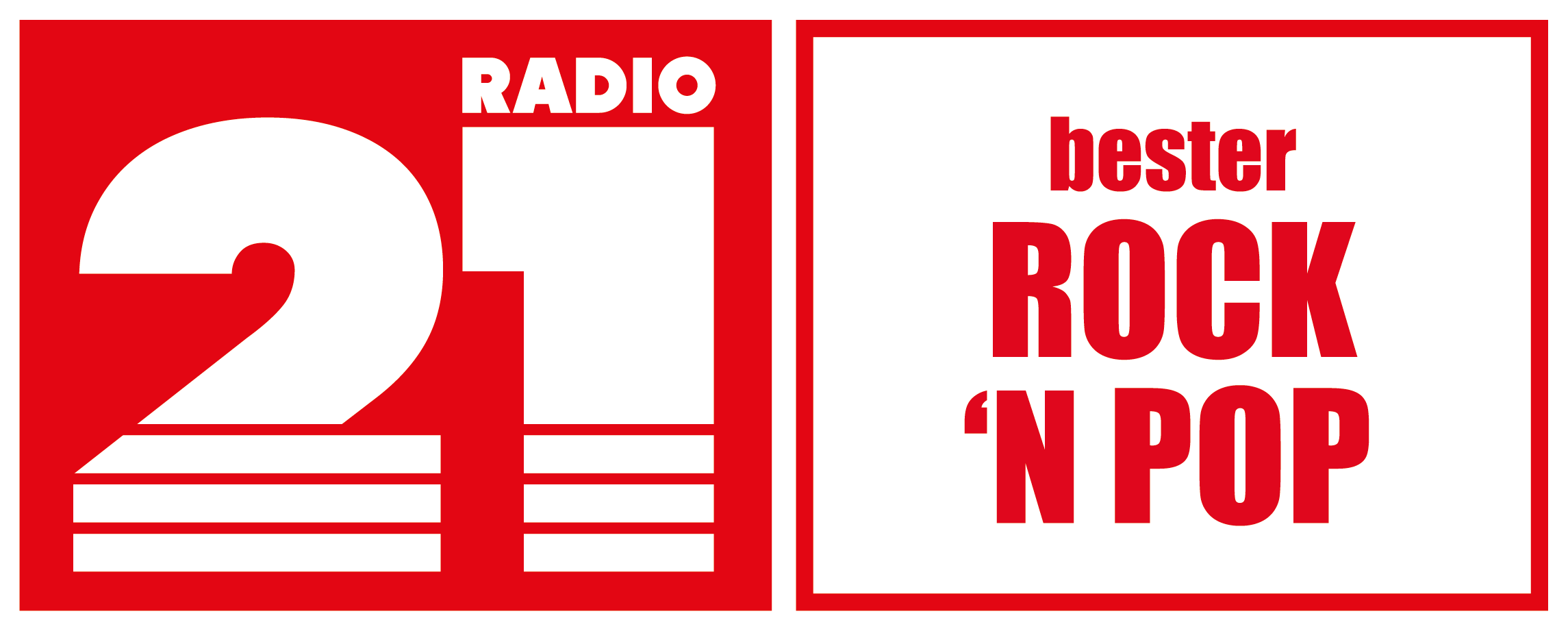The motivation of behavior based on avoidance of discomfort is called negative reinforcement. Both positive and negative reinforcement play a role in alcoholism (Koob et al. 1994). Neurotransmitters are chemicals that allow signal transmission, and thus communication, among nerve cells (i.e., neurons). One neurotransmitter used by many neurons throughout the brain is serotonin, also known as 5-hydroxytryptamine (5-HT). Serotonin released by the signal-emitting neuron subtly alters the function of the signal-receiving neurons in a process called neuromodulation.

Dopamine production will return to normal, and other parts of the recovery program will offer things that will help your brain boost dopamine levels without chemicals. Therapy sessions will does alcohol affect dopamine teach you coping techniques to deal with the triggers that fuel drinking. You may also receive treatment for depression at the same time, as it is one of the primary withdrawal symptoms.
Dopamine and AUD
Our staff includes master’s level counselors, licensed chemical dependency counselors, 24-hour nursing professionals, a staff psychiatrist, a staff chef, and direct care personnel. Our counseling staff provides individualized treatment and care for our clients with an emphasis on tailoring treatment to the specific needs of each individual. Additionally, our staff provides family counseling, relapse prevention, life skills, and grief and trauma counseling. 5Aminomethyl propionic acid, or AMPA, is a chemical that specifically activates this glutamate-receptor subtype.
Opioid peptide antagonists act primarily on a brain area where dopaminergic neurons that extend to the NAc originate. These observations indicate that alcohol stimulates the activity of endogenous opioid peptides, leading indirectly to the activation of dopaminergic neurons. Opioid peptide antagonists would interfere with this process, thereby reducing dopamine release. Dopaminergic neurons that relay information to the NAc shell are extremely sensitive to alcohol. For example, in studies performed in rats, alcohol injected into the blood in amounts as low as 2 to 4 milligrams per kilogram of body weight increased dopamine release in the NAc shell and maintained chronic alcohol self-administration (Lyness and Smith 1992). In rats, oral alcohol uptake also stimulates dopamine release in the NAc (Weiss et al. 1995).
Serotonin’s Role in Alcohol’s Effects on the Brain
The release of neurotransmitters allows the brain to control the rest of the body, including everything from telling you when to move a leg to walk, to managing the digestion of your food, to releasing chemicals to help you fall asleep. Marco Leyton, a professor and addiction researcher at McGill University’s Department of Psychiatry, said in a 2013 press release that participants more at risk for developing alcoholism had “an unusually large brain dopamine response” when they took a drink. Intensive meditation, even after only one day, can also affect gene regulation in your brain through similar mechanisms. Attending a monthlong meditation retreat reduces the expression of genes that affect inflammation, and experienced meditators can reduce inflammatory genes after just one day of intensive mediation. Alcohol, nicotine, cocaine and opioids also all activate important signaling pathways that are central regulators of metabolism.

The brain’s depleted state of dopamine means that an ex-drinker may continue to experience obsessive thoughts about alcohol for years after their last drink. For this reason, effective treatment for alcoholism includes experiential therapies that introduce dopamine-boosting activities such as surfing, meditating, and other pleasurable experiences to help ex-drinkers find new, rewarding activities to replace alcohol. In clinical trials in Sweden, alcohol-dependent patients who received an experimental drug called OSU6162, which lowers dopamine levels in rats, experienced significantly reduced alcohol cravings. Researchers are also investigating whether drugs that normalize dopamine levels in the brain might be effective for reducing alcohol cravings and treating alcoholism.
A fresh look at risks for developing young-onset dementia
The fourth pathway which interests us and is of note for alcohol addiction is the pathway of glutamate. There have been some studies conducted into the involvement of this pathway in the process of alcohol addiction. According to one study published by[67] physical dependence, which refers to the pharmacological tolerance induced by chronic alcohol intake, results in AWS and is neurobiologically supported by the imbalance between GABA and glutamate-NMDA neurotransmission. Underlying the brain changes and neuroadaptations are the reward and stress circuits of the brain.
Concomitantly, adaptations in glutamatergic, GABAergic, and dopamine transmission occur [15] and greater or continued amounts of alcohol can result in allostatic changes to preserve normal brain function. This allostasis is characterized by aberrant glutamate, GABA, and opioid signaling, as well as, a dysfunction in nigrostriatal and mesolimbic dopamine transmission [16, 17]. The mechanisms underlying this dysregulation of dopamine transmission are not well understood, particularly in a primate brain.
P/T depletion effects on frontolimbic FC
Alcohol exposure alters several aspects of serotonergic signal transmission in the brain. For example, alcohol modulates the serotonin levels in the synapses and modifies the activities of specific serotonin receptor proteins. Abnormal serotonin levels within synapses may contribute to the development of alcohol abuse, because some studies have found that the levels of chemical markers representing serotonin levels in the brain are reduced in alcoholic humans and chronically alcohol-consuming animals. Moreover, SSRI’s and receptor antagonists can reduce alcohol consumption in humans and animals, although these agents are only moderately effective in treating alcohol abuse.
- For example, antagonists of the 5-HT3 and 5-HT1A receptors reduced alcohol ingestion in rodents (Litten et al. 1996; Pettinati 1996; DeVry 1995).
- For people who do decide to stop drinking, Pagano says there are many reasons to be optimistic.
- For example, alcohol can cause an alternative form of a gene to be expressed in the memory circuits in flies and people, resulting in changes in dopamine receptors and transcription factors involved in reward signaling and neuronal function.
- It should be noted, however, that our study utilized electrical stimulation to induce dopamine release.
- These factors include (1) the type of stimuli that activate dopaminergic neurons, (2) the specific brain area(s) affected by dopamine, and (3) the mode of dopaminergic neurotransmission (i.e., whether phasic-synaptic or tonic-nonsynaptic).
- These changes can result either in the inhibition or the excitation of the signal-receiving neuron, depending on the cell affected.




